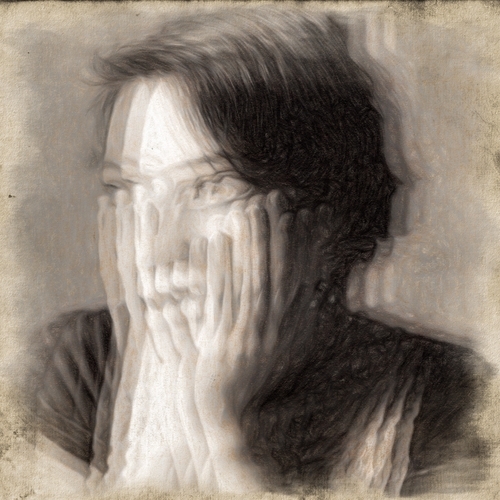Women with larger waistline are at higher risk of anxiety
IANS Mar 08, 2018
In a first, a study has linked waist-to-height ratios with anxiety, and found that women in the middle and upper thirds of ratios were more likely to develop anxiety, with the upper third group displaying signs of anxiety too.

Ladies, take note. If you are middle-aged with some extra kilos you may have an increased chance of developing anxiety, a new study has warned. The study found that women in the middle and upper thirds of waist-to-height ratios were significantly more likely to have anxiety, and those in the upper third were more likely to actually display signs of anxiety compared with women in the lower two-thirds.
"Hormone changes may be involved in the development of both anxiety and abdominal obesity because of their roles in the brain as well as in fat distribution," said JoAnn Pinkerton, Executive Director at the North American Menopause Society (NAMS) -- a US-based non-profit organisation.
"This study provides valuable insights for healthcare providers treating middle-aged women, because it implies that waist-to-height ratio could be a good marker for evaluating patients for anxiety," Pinkerton added. For the study, published in the Menopause: The Journal of the North American Menopause Society, researchers analysed data from more than 5,580 middle-aged Latin American women.
The cause-and-effect relationship was flipped to determine whether greater abdominal fat (defined as waist-to-height ratio in this instance) could increase a woman's chances of developing anxiety. Although this is not the first time this relationship has been examined, this study is the first of its kind known to use waist-to-height ratio as the specific link to anxiety, the researchers said.
Waist-to-height ratio has been shown to be the indicator that best assesses cardiometabolic risk. A general guideline is that a woman is considered obese if her waist measures more than half of her height. The findings suggested that 58 per cent of the study population were postmenopausal, and 61.3 per cent reported experiencing anxiety.
Anxiety is a concern because it is linked to heart disease, diabetes, thyroid problems, respiratory disorders, and drug abuse, among other documented medical problems, the researchers mentioned. Research has shown that an increase in the frequency of anxiety in women during midlife, likely as a result of decreased levels of estrogen, which has a neuroprotective role.
-
Exclusive Write-ups & Webinars by KOLs
-
Daily Quiz by specialty
-
Paid Market Research Surveys
-
Case discussions, News & Journals' summaries